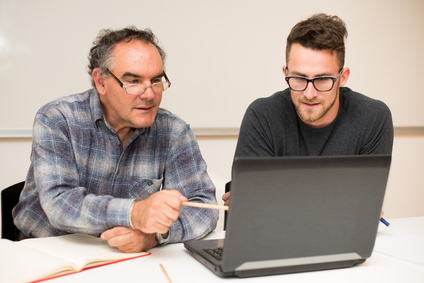“The oldest trees often bear the sweetest fruit”
Histories From Grandparents
One of my earliest memories as a young boy is sitting on my 80-year-old grandfather’s knee looking at old photos of the town I was born in (Wellington, New Zealand). He told me stories of his arrival in this new land as a settler from the north of England. I saw photos of horses and carts on what was then the foreshore and now as Lambton Quay is the centre of the commercial centre of the central city. The past came alive and these memories have always stayed with me.
Our Lost History
Since 1984 New Zealand society has undergone enormous change in the ways its health, education and social services are organised and delivered, how the economy is run and how we treat less fortunate people. Before that time the country was a pioneer in social welfare, care of the elderly, votes for women and other areas. For people aged over 45 this ‘history’ is part of their life experience and a measuring stick of how we are doing today. But for the majority of the population (those who are younger than the ‘baby boomer’ generation) this is not part of life experience. Unless it is learnt in school or older people have passed on stories to their younger relatives and friends, it is far from their vision and understanding and is a world beyond their comprehension.
The whole world is now seeing some of the outcomes of the world we have created since 1984, such as the ‘Occupy’ movements, where young people, in particular, have begun to speak up against the type of economy and society we have, against income disparity and environmental degradation. If the history of the recent past is not being taught in schools, perhaps older people have a clearer role to play for all of us. Whether you agree with this analysis of recent history is not important. But what is important is to ask the question, are we gaining the maximum benefit from the expertise and experience of those people closest to us, our older people (in this particular example I am talking about people aged over 45!)
What Are Mentors Doing Now?

Presently there are examples of mentors (mainly older people) working in the nursing profession, working with young people who may be in trouble, ‘buddying’ young people who may have just one parent and other areas of need.
But I wonder if we have organised our world to build barriers rather than bridges for casual mentoring between the generations. While there is a burgeoning enthusiasm for having more aged care facilities, how can we best recognise the wealth of experience and advice that could be on tap within many of these institutions and also with older people who live independently? If we encourage this to happen there are clear and proven benefits and rewards for both the mentor and mentee.
“A country without a memory is a country of madmen.” – George Santayana
By Ron Trustin









Join the Discussion
Type out your comment here:
You must be logged in to post a comment.